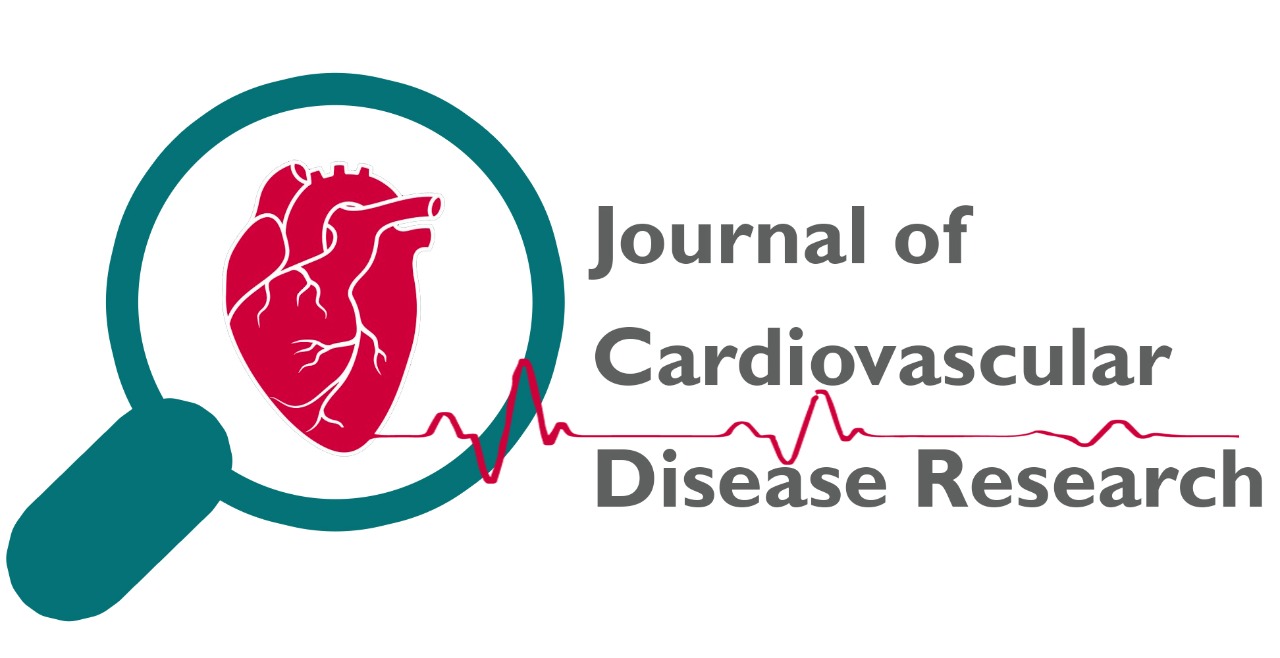Journal of Cardiovascular Disease Research
The efficacy of PPV in predicting intraoperative volume status based on early allograft function in adult ESRD patients undergoing living related renal transplantation surgeries: Correlation of intraoperative central venous pressure (CVP) and pulse pressure variation (PPV)
Dr. Tara Nandan A, Dr. N.V. Vinoth Kumar, Dr. Amar Nandhakumar, Dr. N. Selvarajan
JCDR. 2023: 914-920
Abstract
Traditionally, intraoperative volume status is assessed by monitoring central venous pressure (CVP) and it is recommended to maintain a CVP of 10-15 mmHg during renal transplantation surgeries to optimize the graft function. Various parameters have been used in the past to guide fluid therapy. Static measurements namely central venous pressure (CVP), pulmonary capillary wedge pressure (PCWP) have been used in the past to guide fluid therapy. Based on the sample size of 32, we recruited 35 patients for our study. Of these, study was conducted in 32 patients as arterial line could not be secured for 3 patients before induction even after multiple attempts. All patients underwent preoperative hemodialysis prior to transplant surgery. After adequate fasting, all patients received preoperative antibiotics, steroids and anti-thymocyte immunoglobulin. Peripheral venous and radial arterial lines were established. In this study no correlation was found between PPV and CVP except significant negative correlation at the time of clamp release (p<0.05). There were no clinical signs of hypervolemia and fluid overload in the study group, as well as airway pressures were normal denoting optimal intrathoracic pressures. Postoperative period showed positive fluid balance with adequate urine output. All patients showed improved renal function tests till 5 days postop
» PDF





